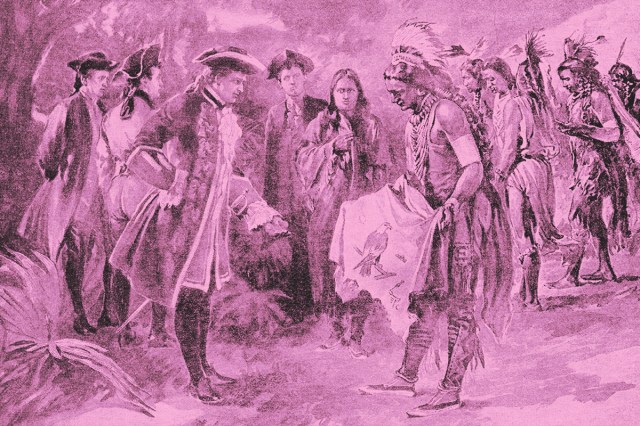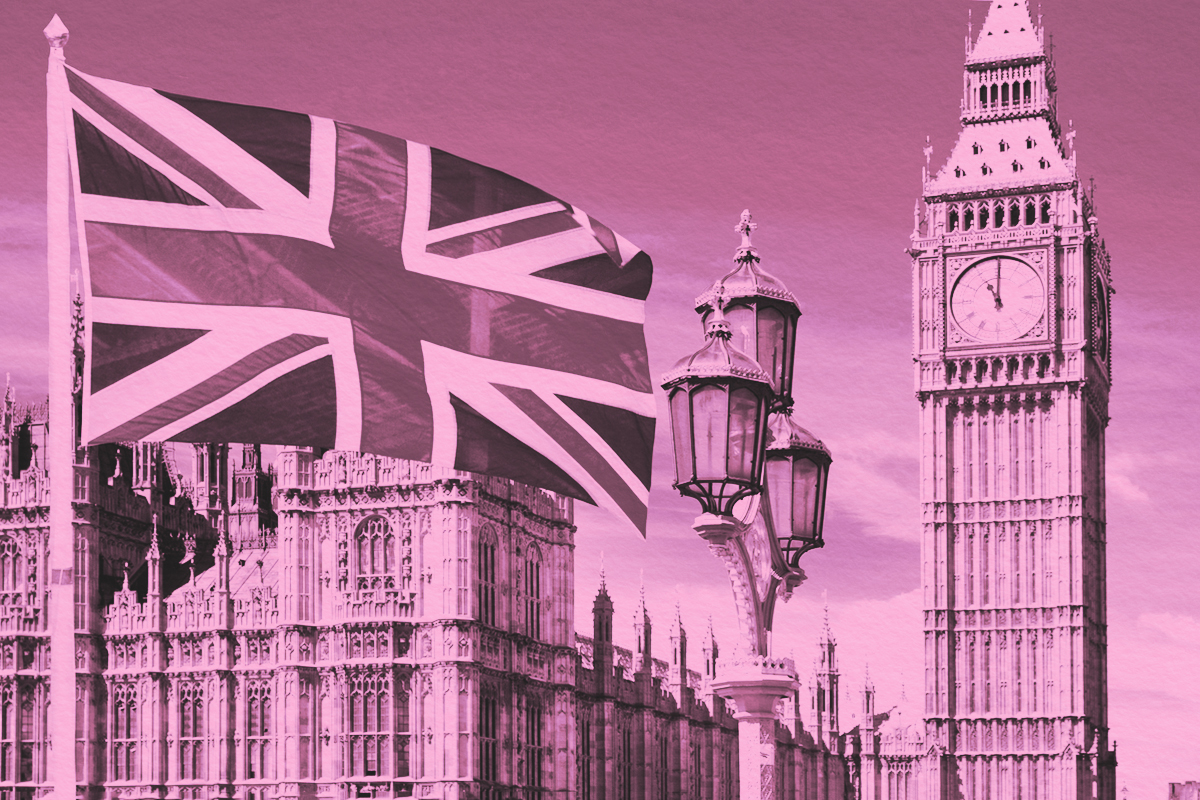
Colonial-era settlers did not speak with an American accent as we know it today. But they probably didn’t speak in a modern British accent either, at least not the Received Pronunciation — sometimes referred to as “the Queen’s English” or “BBC English” — spoken in London and southeastern England today.
When British colonists — mainly English, at first — arrived in North America during the early 1600s, they brought with them the accents and dialects of their home regions. Many of these settlers came from cities such as London, Liverpool, and Bristol, with smaller numbers from Scotland, Wales, and Ireland, all bringing their distinct accents, pronunciation patterns, vocabulary, and speech rhythms. Therefore, there was nothing close to a unified “American” way of speaking.
But as these colonists settled together in the New World, a new way of speaking began to develop. A number of factors were in play. For one, there was the mixing of different English regional dialects, combined with isolation from England itself. Then there was contact with other settlers, who spoke Dutch, Swedish, French, and Spanish, as well as interaction with Indigenous peoples. It wasn’t long before a new English dialect began to emerge — in fact, it may have occurred within one generation.
It can be argued that this marked the origins of what is now known as “American English.” But without actual recordings, which didn’t exist until centuries later, we’ll never be able to say exactly how the early American colonists spoke, or precisely when they first started to sound noticeably different from the British.
Interestingly, some linguists argue that certain aspects of what we consider the modern “American accent” actually preserve older forms of English pronunciation that have since changed in Britain. This has a lot to do with rhoticity, or the pronunciation of “r” in words like “card,” “door,” and “park.” Brits in the 1600s, like modern-day Americans, typically pronounced all their “r’s.” But with the rise of the largely non-rhotic Received Pronunciation (the “standard” British accent) in the 19th century, Brits began ditching the hard “r.” Because of this, there’s an argument to be made that modern Americans may sound more like the Brits of several centuries ago than the current Brits do — at least where the “r” is concerned.

















